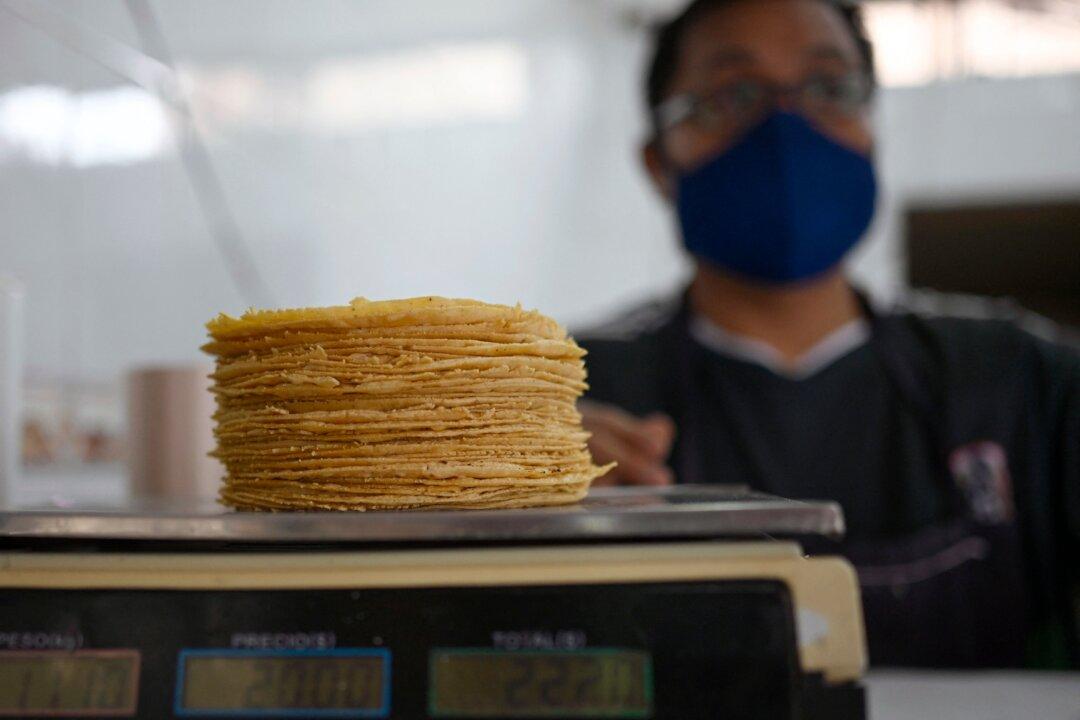Mexican president Andres Manuel Lopez Obrador announced that his country will begin imposing a 50 percent tariff on imports of genetically modified (GM) white corn, a move the president hopes will boost domestic production of the agricultural staple and stop imports of GM corn, but has officials and Mexican residents concerned.
“White corn is of the utmost importance in the diet of Mexicans, with an annual per capita consumption of 346 kg, and it is the grain with the highest production in the country with an 88.2 percent participation in the national production of grains,” President Lopez Obrador said in a decree on June 23. “That the supply and production of white corn in our country are important factors in determining its price and, therefore, also of the various consumer products made from it, mainly tortillas, therefore, to promote the strengthening national production, the internal market and the productive chain of said grain, as well as ensuring market conditions that allow stabilizing its price, it is pertinent to temporarily modify the tariff.”





